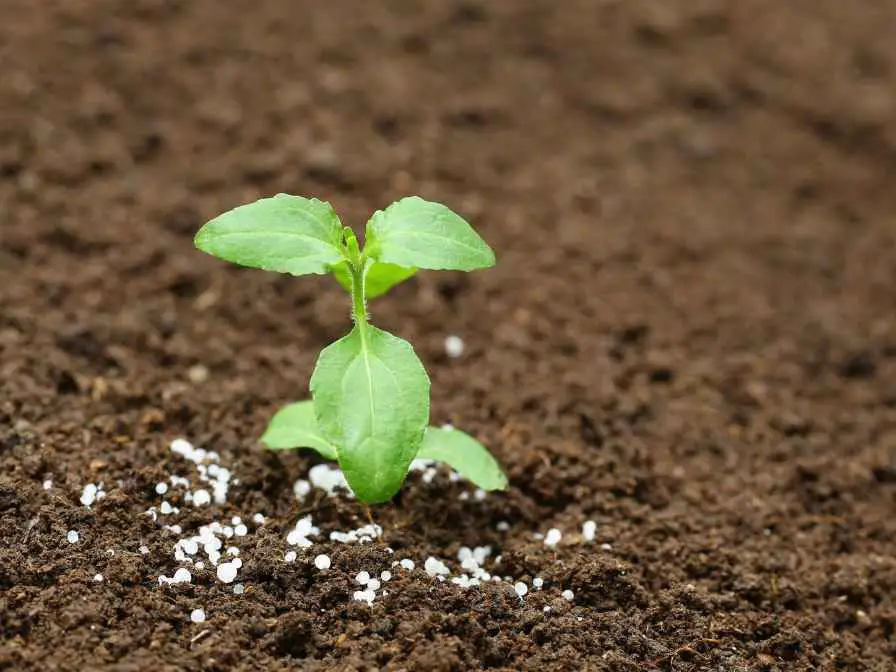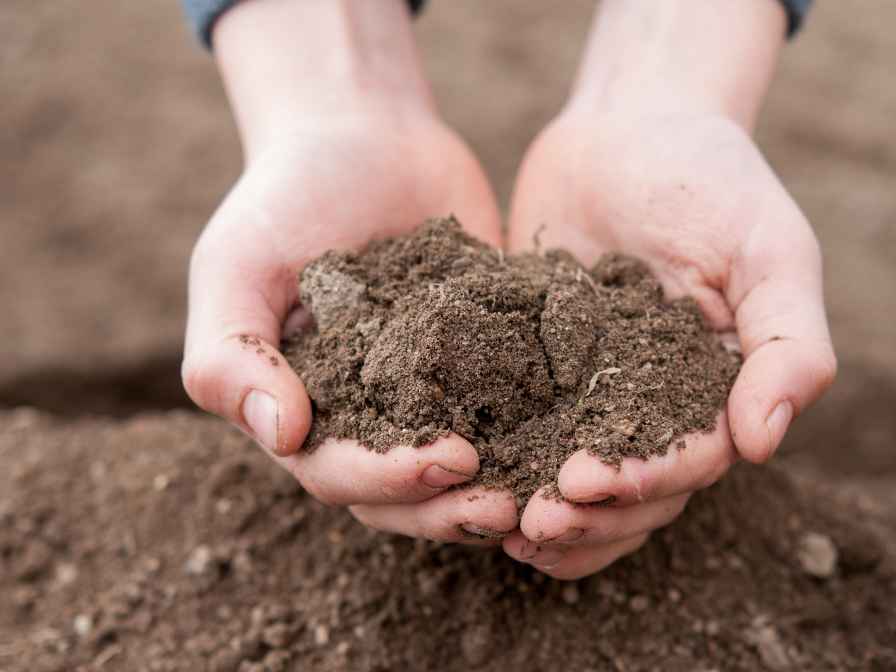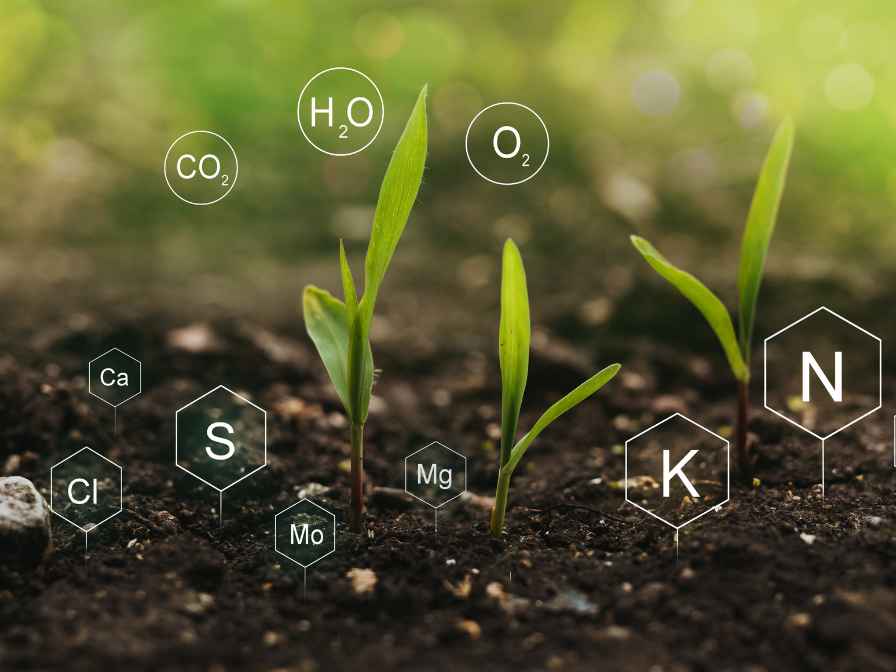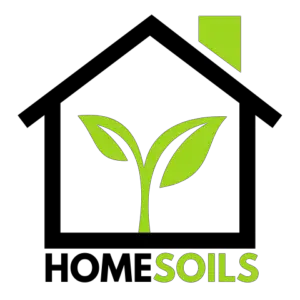People love adding nutrients to the garden soil. Yes, these are important and essential. These nutrients get absorbed into the plants and play an important role in the plant’s growth, bloom, and fruiting. One of these important nutrients is nitrogen. This nutrient is thought to be easily available and easy to get. Yet, sometimes you have to follow some specific instructions. That’s why we are going to talk about how to add nitrogen to the soil.

Nitrogen in the soil
For the plant soil, nitrogen is one of the essential nutrients to make sure good growth of the plant. Nitrogen is the component of proteins, amino acids, and chlorophyll. Nitrogen can exist in various forms in the soil, including organic nitrogen, ammonium, nitrate, and atmospheric nitrogen.
Plants can take up nitrogen in the form of ammonium and nitrate through their roots. Nitrogen cycling in the soil involves various biological and chemical processes that convert nitrogen from one form to another, making it available for plant uptake.
Make sure you don’t use it excessively. It’s because it can excess nitrogen can cause greenhouse gases emission and other problems. So you need to keep it balanced. It should be enough for the growth but not so much excess that it starts harming the environment or the plants.
Nitrogen in the soil is essential for plant growth and is a crucial component of chlorophyll, amino acids, and proteins. Nitrogen is a macronutrient that is required in relatively large amounts by plants, and its availability in the soil can significantly influence plant growth, productivity, and quality.
Here are some benefits of nitrogen in the soil:
Promotes plant growth
For plant growth and development, nitrogen is an important nutrient and its availability in the soil can enhance root and shoot growth, leading to increased plant biomass and yield. This growth will make sure that you get the required bloom and fruit from the plant.
Increases crop yield
Adequate nitrogen in the soil can increase crop yield by improving plant growth, increasing the number of flowers, fruits, and seeds, and improving their quality. It is not only used in plants but also nitrogen is used in crops for this purpose.
Enhances plant quality
Nitrogen is a vital component of proteins, enzymes, and other biochemical compounds that influence the taste, texture, and color of plants. Thus, nitrogen availability in the soil can enhance the quality of crops and make them more appealing to consumers.
Supports ecosystem functioning
Nitrogen is a key element in the cycling of nutrients in the soil and is involved in the transformation of organic matter into plant-available forms. Therefore, nitrogen in the soil supports the functioning of ecosystems by maintaining soil fertility and sustaining plant and animal communities.
Overall, nitrogen is a crucial nutrient for plant growth and ecosystem functioning, and its availability in the soil can significantly impact agricultural productivity and sustainability. You need to make sure that its balanced amount is present in the soil. this will ensure good growth of the plants.
Cautions while Adding Nitrogen to the soil

As mentioned earlier, the excess of anything is bad. So, here are some of the important cautions which you need to adhere to while adding nitrogen to the soil. it is important that you not only add it but also achieve the desired results safely.
Avoid adding too much nitrogen, as this can lead to excess growth and reduced fruit or flower production. This excess of nitrogen can cause more foliage and less fruit. Also, the fruit ripening will get delayed.
Use nitrogen sources that are appropriate for the plants and soil in question. It is because some plants might get the nitrogen in the form of a solution. Or the type of soil might cause the concentration of nitrogen at a particular point. So use the nitrogen source accordingly.
Consider the timing of nitrogen application, as applying it too late in the growing season can lead to increased susceptibility to disease or pests. You can consult with the plant expert. Some plants might need it during dormancy while others might need it during growth season.
Do not apply nitrogen when the soil is waterlogged or frozen, as this can cause the nitrogen to be lost through leaching or runoff. Wait for suitable circumstances. It will make sure the nitrogen gets into the soil.
Consider the environmental impact of nitrogen use, as excess nitrogen can contribute to water pollution and other negative effects on ecosystems. So use it in a balanced way that it is according to the needs of the plants and it got consumed rightly.
How to add nitrogen to the soil?

You can adopt multiple methods for adding nitrogen to the soil. It is because many people use many different methods according to their needs, availability, type of plant and soil, and other factors. Here are some methods for adding nitrogen to the soil.
Plant legumes for nitrogen
Legumes such as clover, alfalfa, peas, and beans have symbiotic bacteria in their roots. These bacteria have the special quality of converting atmospheric nitrogen into the plant’s usable form of nitrogen. Plant nitrogen-fixing crops such as beans, peas, and clover can convert atmospheric nitrogen to plant-useable forms of nitrogen.
Adding compost for nitrogen
Compost contains a mix of organic materials that can break down to provide nitrogen and other nutrients to the soil. Apply organic matter such as compost, or grass clippings to the soil. As the organic matter breaks down, it releases nitrogen into the soil.
Use manure for nitrogen
Animal manure is high in nitrogen and can be added to the soil to increase its nitrogen content. However, it should be aged or composted before use to prevent burning plants with excess nitrogen. This process will make sure that plants get a good amount of nitrogen.
Incorporate green manure for nitrogen
Green manure crops, such as rye, buckwheat, or clover, can be grown and then tilled into the soil to add organic matter and nitrogen. This type of green manure is commonly used among gardeners for nitrogen fixation in the soil.
Apply nitrogen-rich fertilizers
Fertilizers such as urea, ammonium nitrate, or blood meal contain high amounts of nitrogen and can be applied to the soil to increase its nitrogen content. However, overuse of fertilizers can lead to environmental problems and soil degradation.
Using fish emulsion for nitrogen
Being rich in nitrogen content and present in the liquid ready-to-use form, the fish emulsion is a liquid fertilizer made of fish waste. Use it according to the need of the plant and the need of the soil. As it has a higher amount of nitrogen, it needs to be applied carefully.
Use bone meal for nitrogen
Bone meal is made from ground animal bones and is a slow-release nitrogen fertilizer that can be added to the soil. it is very rich in nitrogen. Important is that it attracts the animals towards the garden so be careful and use it in a balanced way.
Add coffee grounds for nitrogen
Coffee grounds are rich in nitrogen and can be added to the soil to increase its nitrogen content. You can add the coffee grounds along with the compost or alone directly to the soil. it takes time to get decomposed, but it does well in terms of nitrogen.
Use feather meal for nitrogen
Feather meal is a byproduct of the poultry industry and is high in nitrogen. It can be added to the soil as a slow-release fertilizer. You have to use it in a balanced way. Make sure it doesn’t get in the excess amount that can cause harm to the plants.
Apply sulfur-coated urea for nitrogen
This is a slow-release nitrogen fertilizer that is coated with sulfur. It provides a steady supply of nitrogen over time and is less likely to burn plants than other nitrogen-rich fertilizers. You can use direct nitrogen fertilizers for that purpose.
Stop tilling for nitrogen
Tilling does prepare the soil for further plantation and gets rid of the leftovers and remains of the previous crops. But it disturbs the structure of the soil. so, you can fix nitrogen in the soil by keeping it tilling-free for a small period of time.
In short, nitrogen is a very important nutrient for plant growth. It is important because it not only helps in the good growth of the plant but also helps in bearing good fruit as well. You need to add a balanced amount of nitrogen to the soil, so that excess nitrogen might not harm the plants.

